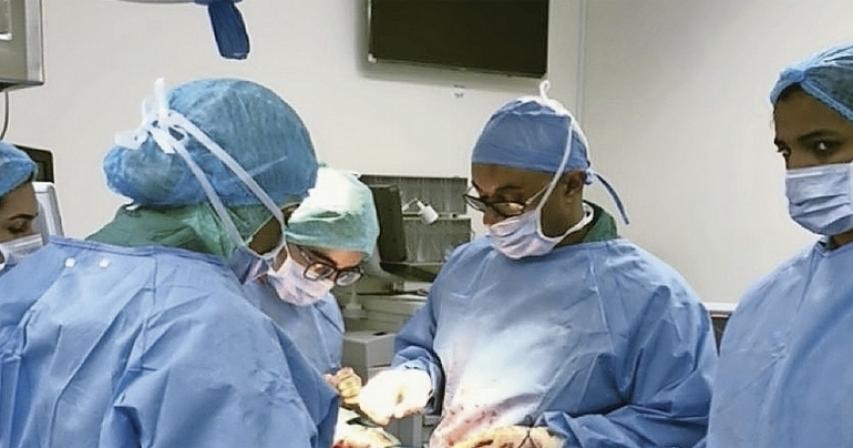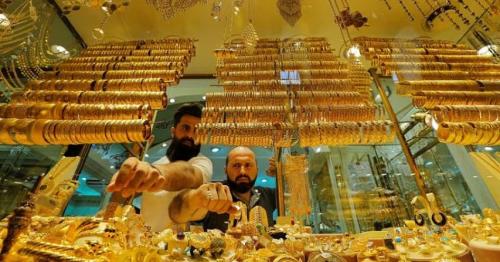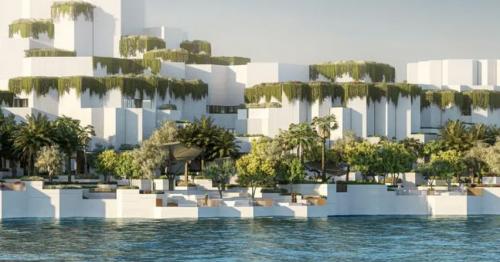Woman gets rid of 14-year-old hernia in Dubai surgery

She couldn't bend, stand or walk for long as she had severe abdominal pain.
After 14 years of immense pain and discomfort due to a recurring hernia, a Dubai hospital used a special technique to strengthen abdomen and help the patient lead a normal life.
Dr Esaaf Hasan Ghazi, director of the general surgery department at the Dubai Hospital, said the department receives an average of four cases per week. "A hernia occurs when an organ pushes through an opening in the muscle or tissue that holds it in place. In this patient's case, her intestines broke through a weakened area in the abdominal wall."
Dr Yasir Amin Latif, general surgeon and consultant at Dubai Hospital, said: "Because of recurring unsuccessful hernia surgeries her abdomen had become very weak. Too much repair leads the abdomen to become like a paper carton that cannot hold even the weight of its own organs. She couldn't bend, stand or walk for long as she had severe abdominal pain and discomfort that was triggered even at the slightest of pressure. She couldn't even lie down comfortably as turning on her sides put pressure on the abdomen causing pain. All her past incisional hernia procedures were unsuccessful and caused the abdominal wall to weaken."
Dr Latif explained that when the abdominal wall weakens, all the insides of the abdominal like the intestines, large omentum and urinary bladder protrude because the abdominal muscle can't hold it in causing discomfort and pain.
Dr Latif, Dr Ghazi, and Dr Aliya Ishaq conducted an abdominal wall reconstruction surgery on the patient. "We performed the abdominal component separation surgery enforced by biological mesh instead of synthetic mesh, which was used in previous surgeries. The insertion of biological mesh, which is a new kind of mesh that has tissue components similar to what our body naturally has, was done successfully then followed by an abdominoplasty to reshape the abdominal shape to normal size," said Dr Latif.
"The surgery usually takes three to six hours as we open all the muscle layers of the abdomen. The abdominal wall is reinforced by placing the biological mesh in between the layers of the abdominal muscles.
"This type of technology in hernia surgery was introduced recently in the UAE and we are one of the few hospitals in the Middle East who can undertake this surgery," Dr Latif added.
Following the surgery, the patient was discharged after one week in good health. Regular checkups for six months confirmed that the patient's abdominal retained its normal size and she was back to living a healthy life. "It is such a rewarding feeling to see her walk confidently and perform her duties at home and at work comfortably. She has now gone to her home country, Egypt, to spend her vacations with her family," he added.






Comments